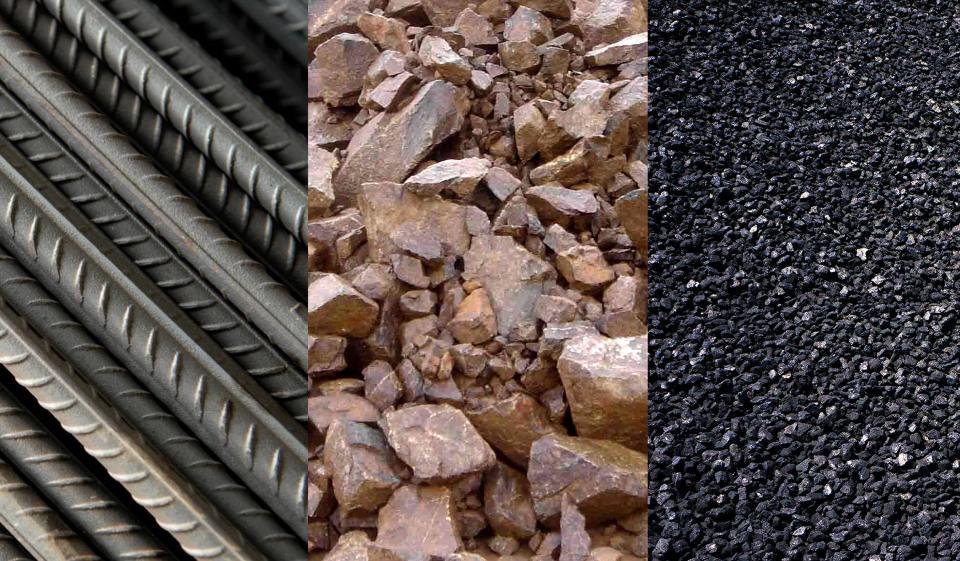With the producers' price index (PPI) experiencing a continuous increase over the past six months, China's cyclical industries, which are prone to fluctuations in the economic situation, such as the steel industry, have expanded. But economists debate whether this investment cycle represented by reflation and restocking has peaked, as reported by Shanghai-based financial news portal
Yicai.
February’s Consumer Price Index (CPI) rose 0.8 percent year-on-year, far lower than the anticapted 1.7 percent; while PPI for the month increased by 7.8 percent, slightly higher than expected. “We can see that purchasing prices are becoming higher whereas shipping prices are going down… which bodes ill for enterprises,” said Li Xunlei, chief economist at Zhongtai Securities. Such data seem to confirm that the cycle has peaked, reported Yicai.
“For each of the past three months, PPI rose 1.6 percent, 0.8 percent and 0.6 percent on the previous month. Taking into consideration other cyclical factors, we figure that the year-on-year increase in PPI has probably peaked,” said Wu Zhaoyin, macro strategies director of the AVIC Trust.
Regarding the strong momentum of the cyclical industries, Wu argued that it is just an “epilogue” to last year’s restocking, and was also driven by supply-side reform.
Foreign investors, however, remain optimistic about China's investment situation, with special reference to MSCI China Indexes – consisting of a range of country, composite and non-domestic indexes for the Chinese market.
“MSCI China Indexes perform better than emerging market indexes over the long term (except for the past three years, but are now back to the trend), primarily resulting from the growth in GDP (gross domestic product) and structural reforms," said Miao Zimei, chief investment officer at investment management company Robeco China.
But other industry insiders hold that more observations are called for. The current economic recovery cycle will, according to chief economist at Orient Securities Shao Yu, last for one to three years, “so we must neither look at quarters separately, nor observe it over a short period.”
As the State pushes for concentration of production capacities into certain large businesses, price elasticity will be affected. Therefore, Shao argued, it is possible that PPI will peak in the first quarter, but it all depends on the progress in restocking.
“If demand in China stabilizes and forward-looking economic indicators are sound, the restocking process will be gradually completed,” Shao said. Following the peak in the PPI increase, the situation still needs careful observation for at least two quarters, he added.

 Old Version
Old Version